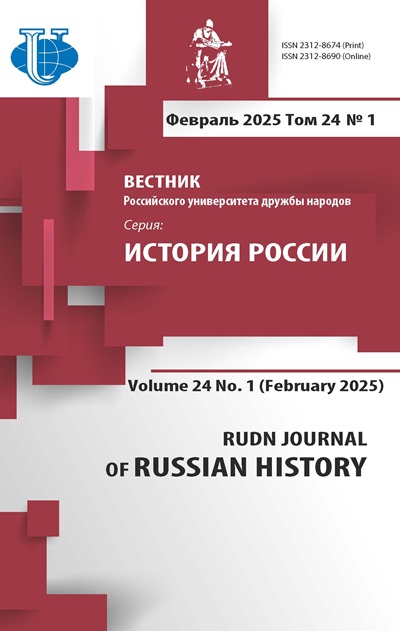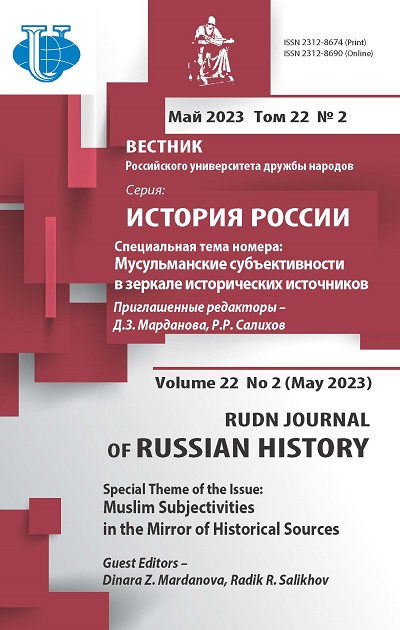Abstract
The article examines the combined travelogue of Bukhara traveler, Jadid and doctor Mirzo Sirodjiddin Hakim - “Tuhafi ahli Bukhoro [Gifts to Bukharians].” The text written in Persian and published in 1912, with the permission of the imperial authorities in Bukhara, combines a wide range of lexical constructions of the modern era and traditional Arabic-language structures. The purpose of the article is to analyze the subjective ideas of Mirzo Sirodjiddin Hakim of Bukhara, the West, the East, and Russia. The structure of the article is determined by the need to reconstruct the biography of the author of the travelogue and, to identify the features of the social and cultural context that influenced the formation of his worldview. The “Tuhafi ahli Bukhoro” was used as the main source in the article, and while an additional book published in Tehran in 1990 on the text was used as an additional comparative source. The methodological basis of the research is through both biographical and post-colonial approaches. The author reveals that the ideas expressed by Mirzo Sirodjiddin Hakim are largely the result of the experience and practices acquired from his travels. These identified narratives, through which Hakim combined his own knowledge of regional cultures, uses Islamic rhetoric, as well as modern discourse to express an assessment of the position of the Islamic world in the context of rivalry with Christian civilization. Whereas Mirzo Sirojiddin Hakim considered Europe to be the ideal of a progressive society, he perceived Russia as a more important civilizer of the Asian peoples and believed that the progressive future of Bukhara needed to be closer associated with Russia.
















